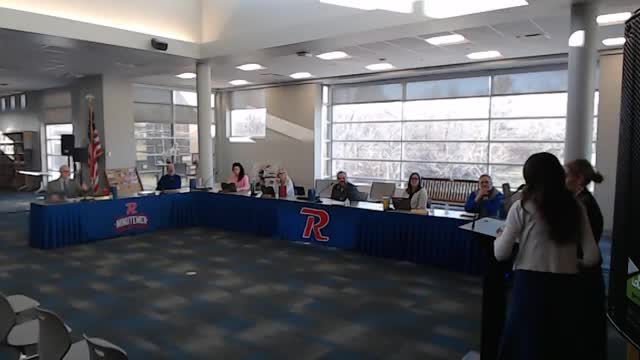Article not found
This article is no longer available. But don't worry—we've gathered other articles that discuss the same topic.

Revere Board holds first reading of tighter student cell‑phone policy after state law deadline

Board approves routine consent items, personnel actions and financial reports; moves to executive session

